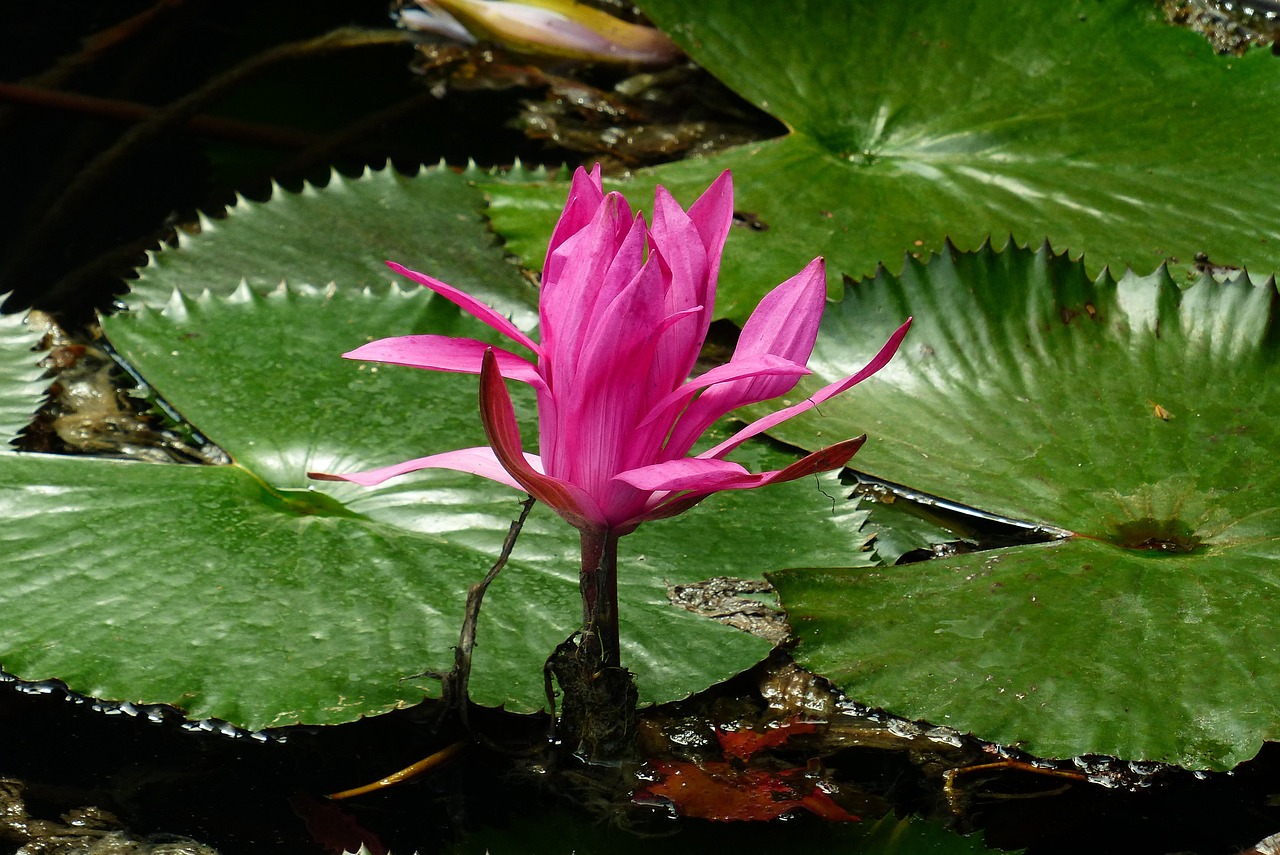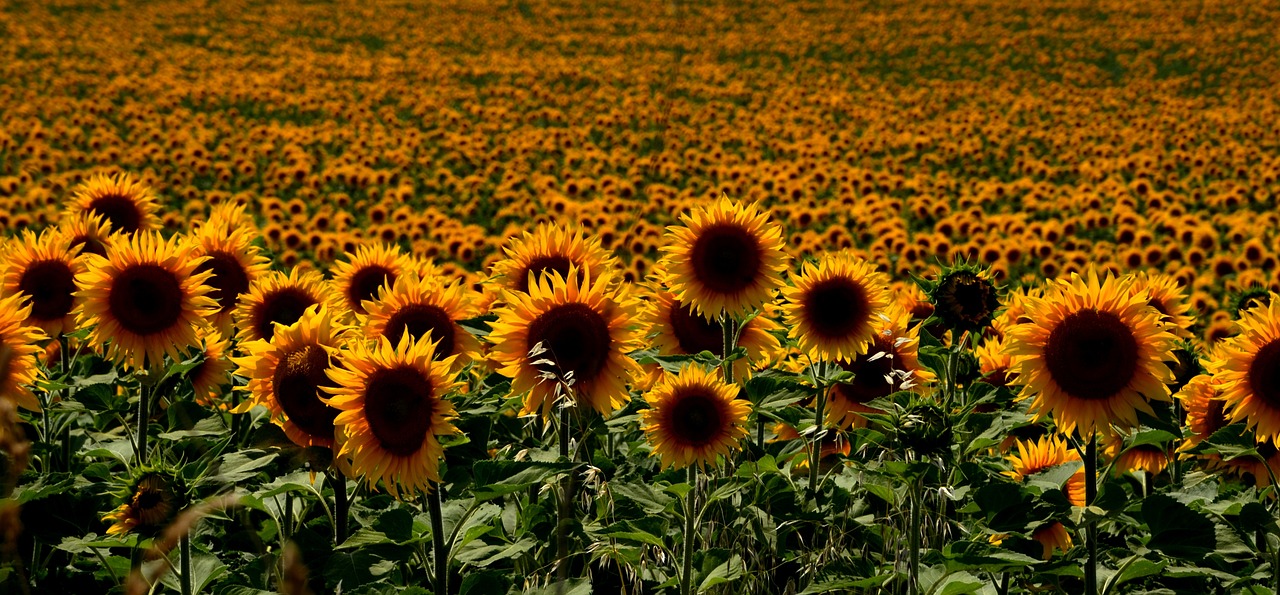Hungary Video
Hungary Image 1:

Hungary Image 2:

Hungary Image 3:

Local Celebrations and Holidays: What to Expect in Hungary
Hungary is a country in Central Europe known for its rich cultural heritage and vibrant celebrations. The Hungarian people take great pride in their traditions and celebrate various holidays throughout the year. From national holidays to local festivals, Hungary offers a diverse range of celebrations that showcase its unique customs and traditions. In this article, we will explore some of the most significant local celebrations and holidays in Hungary, providing you with insights into what you can expect when visiting this beautiful country.
National Day: March 15th
March 15th holds great significance in Hungary as it commemorates the Hungarian Revolution of 1848. On this day, Hungarians gather to honor their national heroes and pay tribute to their fight for independence. The celebrations usually include flag-raising ceremonies, parades, and various cultural events. It is a day filled with national pride and a sense of unity among the Hungarian people.
- Flag-raising ceremonies: The day begins with the hoisting of the Hungarian flag in public squares and government buildings across the country. This symbolic act represents the unity and strength of the Hungarian nation.
- Parades: Colorful parades take place in major cities, with participants dressed in traditional Hungarian costumes. These parades showcase the country’s rich cultural heritage and often feature traditional music and dance performances.
- Cultural events: Throughout the day, various cultural events such as art exhibitions, concerts, and theatrical performances are organized to celebrate Hungarian history and culture.
Easter: A Time for Traditions
Easter is a significant holiday in Hungary, celebrated with various customs and traditions. It is a time when families come together to celebrate the resurrection of Jesus Christ and welcome the arrival of spring. Hungarian Easter traditions are deeply rooted in folklore and offer a unique insight into the country’s cultural heritage.
- Decorating Easter eggs: Hungarians have a long-standing tradition of decorating eggs using traditional techniques. These intricately designed eggs, known as “hímes tojás,” are often displayed as decorative pieces or given as gifts.
- Sprinkling and dousing: On Easter Monday, a playful tradition called “locsolás” takes place. Young men visit the homes of young women, sprinkle them with water, and recite a poem. In return, they receive a painted egg or sometimes even a small gift.
- Easter feasts: Families gather for festive meals, which typically include traditional Hungarian dishes such as ham, stuffed cabbage, and Easter bread. It is a time to indulge in delicious food and spend quality time with loved ones.
May Day: Celebrating Spring
May 1st, known as May Day or Labor Day, is a public holiday in Hungary that marks the arrival of spring. It is a day when people come together to celebrate the beauty of nature and enjoy outdoor activities. May Day in Hungary is characterized by vibrant festivities and a joyful atmosphere.
- Maypole traditions: In many Hungarian villages, the Maypole plays a central role in the celebrations. It is decorated with colorful ribbons and flowers, and young couples dance around it in traditional costumes. This tradition symbolizes the awakening of nature and the joy of spring.
- Outdoor concerts and performances: Parks and public squares become venues for live music performances, dance shows, and theatrical acts. People gather to enjoy the lively entertainment and soak in the festive atmosphere.
- Picnics and outdoor activities: Families and friends often organize picnics in parks or venture into the countryside for hiking, cycling, or simply enjoying the beauty of nature in full bloom.
St. Stephen’s Day: August 20th
August 20th is a national holiday in Hungary, celebrated as St. Stephen’s Day. This day holds great historical and religious significance as it commemorates the foundation of the Hungarian state and the first Christian king of Hungary, St. Stephen. The celebrations include a series of events that showcase the country’s heritage and pay tribute to its patron saint.
- Fireworks display: The highlight of St. Stephen’s Day is a spectacular fireworks display that illuminates the night sky. The fireworks can be seen from various vantage points across the country, with the most impressive show taking place in the capital city, Budapest.
- Processions and religious ceremonies: Processions are held in honor of St. Stephen, with participants dressed in traditional costumes. Religious ceremonies take place in churches, where people gather to attend special masses and pay their respects to the patron saint.
- Street festivals and concerts: Throughout the day, street festivals and concerts are organized, featuring live music, dance performances, and traditional Hungarian cuisine. It is a time of celebration and joy, with the streets filled with laughter and merriment.
Harvest Festival: Celebrating Bounty
The Harvest Festival is an important celebration in Hungary, marking the end of the harvest season and giving thanks for a bountiful crop. It is a time when the agricultural communities come together to showcase their produce and share in the festivities.
- Traditional folk dances: The Harvest Festival is known for its lively folk dance performances. Dancers dressed in traditional costumes perform intricate choreographies that depict the rhythms of rural life and celebrate the agricultural heritage of Hungary.
- Farmers’ markets: Throughout the festival, farmers’ markets are set up, offering a wide variety of fresh produce, homemade preserves, and traditional Hungarian delicacies. It is an opportunity for visitors to taste the flavors of the season and support local farmers.
- Competitions and exhibitions: The festival often includes competitions such as pumpkin carving, grape stomping, and bread baking. Visitors can also enjoy exhibitions showcasing traditional crafts, agricultural machinery, and livestock.
Christmas Markets: Festive Delights
During the Christmas season, Hungary comes alive with enchanting Christmas markets that offer a magical experience for locals and tourists alike. These markets are filled with festive decorations, delicious food, and unique handcrafted gifts.
- Traditional crafts and gifts: The Christmas markets feature stalls selling a wide range of traditional crafts, including hand-painted ceramics, wooden toys, and intricate lacework. Visitors can find unique gifts and souvenirs to take home.
- Delicious treats: The aroma of freshly baked chimney cakes, roasted chestnuts, and mulled wine fills the air. Visitors can indulge in these seasonal delights while exploring the market stalls.
- Live performances and entertainment: Christmas markets often host live music performances, dance shows, and choir concerts, creating a festive atmosphere. Visitors can enjoy the sounds of Christmas while sipping on warm beverages.
Conclusion
Hungary is a country that cherishes its traditions and celebrates its cultural heritage through various local celebrations and holidays. From the national pride of March 15th to the enchantment of Christmas markets, these festivities offer a glimpse into the unique customs and traditions of the Hungarian people. Whether you visit Hungary during Easter, May Day, or any other celebration, you can expect a warm welcome, vibrant festivities, and a chance to immerse yourself in the rich cultural tapestry of this beautiful country.
References
– hungary.com
– gotohungary.com
– budapestbylocals.com
– welovebudapest.com
– visitbudapest.travel


